A grand debut on the Asian stage
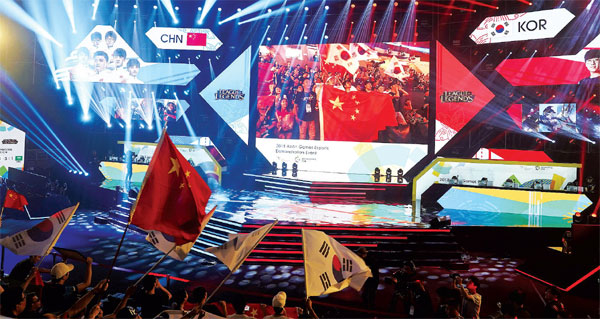
Viewers root for their respective teams during the finals of the League of Legends competition between China and South Korea at the 18th Asian Games, held in Jakarta, Indonesia in 2018. China defeated South Korea 3-1 and won the gold medal. Although esports were featured at the 2018 Jakarta Asian Games as a demonstration sport, they are included at the upcoming 19th Asian Games as an official sport, with medals counting toward the overall medal tally. Seven esport games, including League of Legends, are included. [PHOTO PROVIDED TO CHINA DAILY]
Hangzhou is pulling out all the stops to make the upcoming 19th Asian Games a smart and green competition, with esports set to be launched at the continent's premier sporting tournament, enthralling young people worldwide with its unique allure.
At the newly built China Hangzhou Esports Center - dubbed a "splendid starship" - thousands of spectators will immerse themselves in the fierce battles displayed on the giant screens, accompanied by magnificent music, flashing lights and passionate commentary.
Top esports players from across Asia will showcase their talent and compete for glory for their country or region, captivating viewers with dazzling maneuvers, intense confrontations and ingenious strategies.
The 19th Asian Games, to be held in the Zhejiang provincial capital from Sept 23 to Oct 8, will see seven esports games appear for the first time. Five are team-based competitive games - League of Legends, Arena of Valor Asian Games Version, Peace Elite Asian Games Version, DOTA2, and Dream Three Kingdoms 2 - with fighting game Street Fighter 5 and simulated soccer game FIFA Online 4 making up the remaining two.
This breakthrough has come amid surging global enthusiasm for esports. According to game data provider Newzoo, the esports audience worldwide reached 532 million in 2022, with the Chinese mainland being the largest esports market, accounting for one-third of the sector's total revenue.
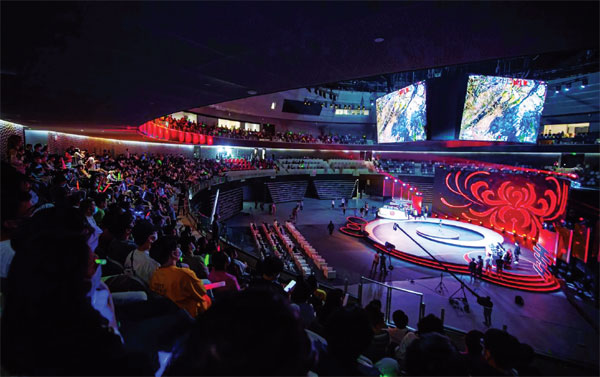
Spectators cheer on esports players during a demonstration event at the esports center on May 31, 2022. [PHOTO PROVIDED TO CHINA DAILY]
Extensive preparation
Li Yang, coach of China's national team for the Peace Elite Asian Games Version, has been involved in the industry for over two decades and says bringing esports into the Asian Games shows that the events, which were previously considered by many to be entertainment, have gained recognition as standardized sports activities.
He says the development of esports has drawn global attention, and industry players are poised to seize the opportunity to help the sector make a great leap forward.
Li - a coach with TT Esports in Guangzhou - will lead a team of five players from the nation's clubs to participate in the Peace Elite Asian Games Version. The version was adapted from the sensational tactical competitive game, Peace Elite.
Launched by mainland tech giant Tencent in 2019, the game integrates shooting techniques with survival strategies, and has become the most popular in its genre.
According to the Road to Asians Games 2022 - a series of warm-up competitions before this year's Asian Games - the Peace Elite Asian Games Version puts more emphasis on contestants' individual abilities in shooting and driving, instead of on direct confrontation with other teams.
Although Li's team came first in the East Asia region at the Road to Asian Games 2022, held in the Macao Special Administrative Region in June, other key competitors like South Korea, Thailand, Chinese Taipei and Hong Kong, China, have emerged as a threat to mainland players.
To strengthen the specific abilities of players, four other coaches joined the Chinese national team's centralized training in May to improve its strategies, skills, driving techniques and data analysis. The team has moved training earlier in the day to run from 10 am to 10 pm, to make the players' routines more regular and scientific.
There are also fixed physical exercises and therapy sessions. Competitors' dietary intake must also adhere to anti-doping regulations, which is a new requirement within the esports industry.
Li hopes when his team steps into the arena and shows its true prowess, it will make its opponents awestruck.
Career pinnacle
For FIFA Online 4 player Liu Jiacheng, his greatest aspiration is to win gold at the Hangzhou Asian Games - just as his idol, legendary Argentine soccer star Lionel Messi did at the 2022 FIFA World Cup in Qatar.
Liu, a 24-year-old member of the Shenzhen Wolves esports team, turned professional in esports at the age of 19. He has discontinued his studies and now dedicates himself fully to his career. Initially, his family did not support him in his unconventional choice, but - having gradually come to understand the emerging industry - they eventually gave him the nod.
As the only simulated sport out of the seven esports games chosen for the Hangzhou Asian Games, FIFA Online 4 is Asia's largest simulation sports game, allowing participants to manipulate the world's best soccer athletes and compete with other players.
For Liu, the feeling of controlling his favorite players, and defeating strong opponents with weaker teams, offers him unparalleled enjoyment. Praised as a gifted gamer, Liu says creating "highlight moments" in competitions is not so difficult. The real challenge is in maintaining a high-quality performance over the long term.
To ensure the best performance, he practices even after midnight, diligently identifying the characteristics of top soccer players and researching other sports games similar to FIFA Online 4.
At the international competition in Hangzhou, Liu hopes to take his career to new heights and prove that joining esports was the right decision.
Broader exposure
Hong Kong FIFA Online 4 player Fan Cheuk-wa, who also works with the Shenzhen Wolves esports team, will represent the Hong Kong Special Administrative Region at the Hangzhou Games.
Fan, who won the China Esports Footballer of the Year award in 2021, also aims to clinch a medal for the HKSAR in the competition, and hopes the Hangzhou Asian Games can further amplify the influence of unconventional sports events like esports, especially FIFA Online 4, among the world audience.
He says the inclusion of FIFA Online 4 at the upcoming Asian Games has cheered up all players in this field, as they had been kept in suspense over whether the game would be included.
Although the FIFA Online series has been in the Chinese market for more than a decade, the computer games aren't as popular as other mobile games, such as League of Legends, Honor of Kings and Peace Elite.
As a result, the number of viewers of FIFA Online competitions, as well as of professional players and their salaries, cannot be compared with those of the hottest online games in China. Instead of becoming full-time players, many gamers are eying influential competitions to earn prizes in their spare time.
Unlike team-based games, which require club members to practice together at training bases to cultivate familiarity, FIFA Online games are a one-on-one competition. Fan and other players practice mostly at home, honing their skills in front of the computer screen.
Besides esports, many other nontraditional sports events will also be staged at the Hangzhou Games, such as breakdancing, bridge, dragon boat racing and handball.
Fan hopes more people can experience the charm of FIFA Online 4, the esports industry as a whole, and all these other niche sports, in order to drive their commercialization.
Limited development
Apart from Fan, another player and the coach of the HKSAR's FIFA Online Asian Games team also work at esports clubs on the Chinese mainland. Some top players of other esports games have also joined mainland clubs to further their careers.
Fan says Hong Kong's gaming culture is vibrant, and players have access to a wide range of international games through the local market. But the esports concept is relatively new to Hong Kong people, and the industry is not mature enough to retain all the talents.
Mainland cities, such as Beijing, Shanghai, Shenzhen and Chengdu, have made good progress in commercializing the esports industry, with strong government support and abundant resources. As the 19th Asian Games gains steam, it's not a problem getting outstanding FIFA Online players on the mainland as partners with the national team in their practice.
Hong Kong is aware of the huge potential the industry offers, having set aside HK$100 million ($12.8 million) in the 2018-19 Budget to lift the development of esports. So far, several esports clubs and related competitions have been launched in the city, but the impact remains limited.
Fan suggests that Hong Kong leverage its overseas connections and organize more influential mega competitions to stand out. Such competitions can also be promoted along with other cultural and tourism activities to make them more attractive. Deriving inspiration from co-hosting the 2025 National Games, Hong Kong can also collaborate with other cities in the Guangdong-Hong Kong-Macao Greater Bay Area in hosting esports events.
In addition to professional players, Fan notes there is huge demand for other professionals in the esports sector, urging the HKSAR government to go the extra mile to cultivate talents - such as games commentators, esports event coordinators and broadcasters - to present top-level competitions.
Progressive industry
Before winning all major Peace Elite tournaments as a coach, Li of TT Esports had been a professional esports player focusing on online shooting games from 2004 to 2012. He recalls that, in the early stages of his esports career, the industry had just got off the ground, and was mainly driven by the passion of players and club founders.
The industry's development is now on the fast track. High-level competitions are frequently staged at first-class venues, with enthusiastic fans scrambling to secure admission tickets.
For the upcoming Hangzhou Asian Games, the most expensive ticket to the esports finals will cost up to 1,000 yuan ($137.1), exceeding the cost of tickets for many other events. It's also the only event that requires spectators to enter a draw to purchase admission tickets.
Li says every facet of the esports industry is becoming progressively standardized and scientific, including the selection and cultivation of players, organization of competitions and the operation of clubs.
There are also new trends, such as an increase in the number of female players, clubs they represent, and tournaments they take part in. More esports subjects have been introduced at universities, and players can enjoy more work opportunities after retirement. Besides, an increasing number of games developed by Chinese companies have entered the international market, with more competitions being organized overseas for those games.
While attending university, Fan of the HKSAR's FIFA Online Asian Games team traveled frequently from Hong Kong to Shenzhen on weekends to watch soccer matches, and found that many parents brought their children along to appreciate the events, just like going to a concert or an amusement park.
He expects the esports industry to continue evolving into a more professional landscape, providing a promising career option for people of all ages, particularly young people. He also hopes esports events can be embraced by everyone, as traditional sports are, and step onto a bigger stage following the Hangzhou Asian Games.


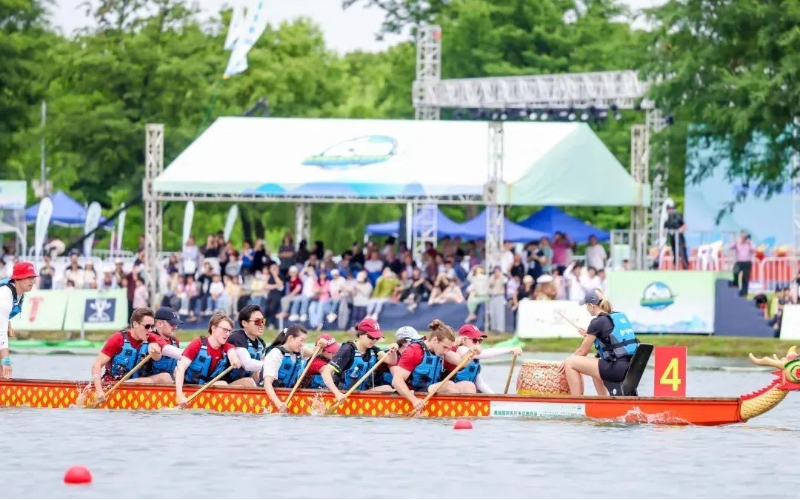
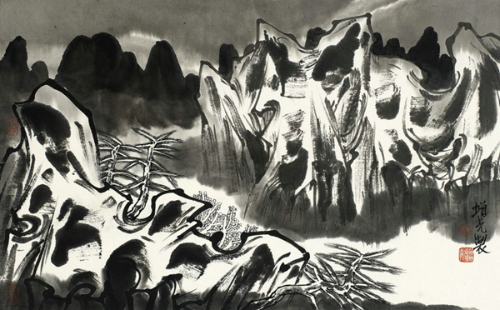
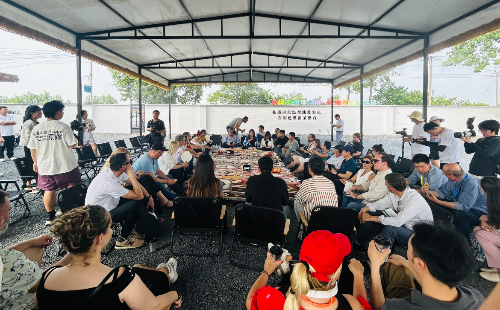
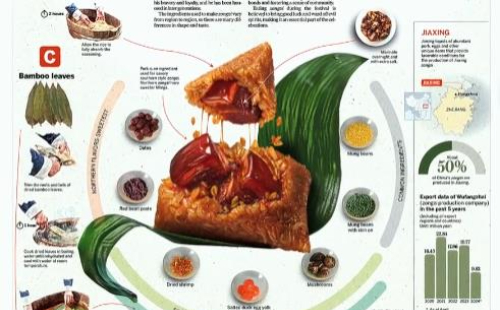 play
play